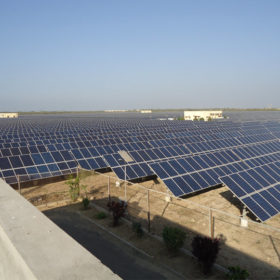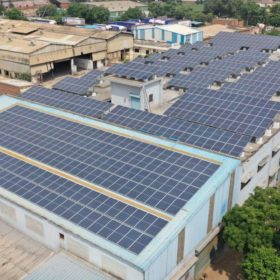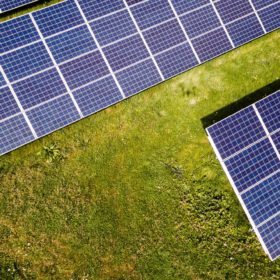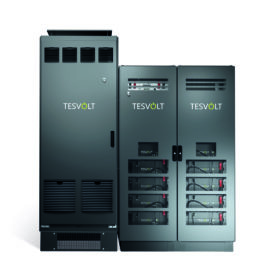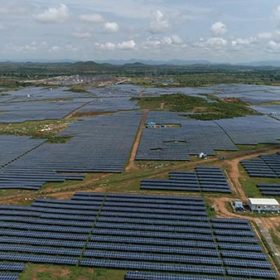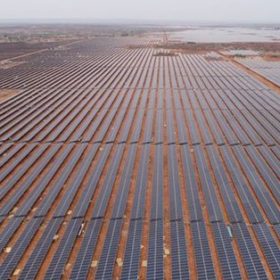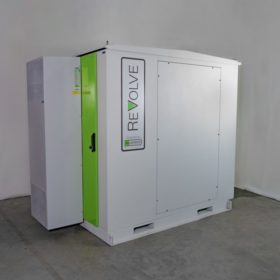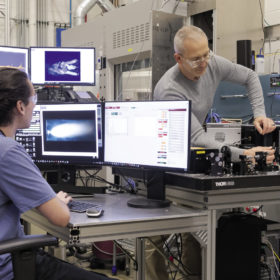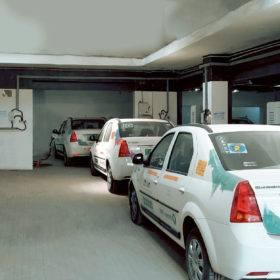Tata Power to set up 15 MW solar plant for Tata Steel
The solar plant in the Jamshedpur city of Jharkhand is expected to generate an average 32 million units of electricity per year, offsetting approximately an average 25.8 million Kg of CO2 annually.
MSMEs can contribute 16 GW in meeting solar target
The Ministry of Micro, Small & Medium Enterprises is working with the World Bank to bring in a credit guarantee mechanism to make financing accessible to unrated MSMEs for implementing rooftop solar projects.
Indian trough highlighted by Chinese solar glassmaker
Xinyi Solar has posted bullish annual figures on the back of an astonishing rebound in the global market following Covid travails at the start of 2020. There is one national market, however, which has not been invited to the party.
Tesvolt launches commercial battery with inverter and energy management system
According to the German manufacturer, the TS-I HV 80 can combine a wide variety of applications such as optimized self-consumption and intelligent peak load capping.
India’s installed solar capacity reaches 41,689 MW
The nation installed a cumulative solar capacity of 41,689 MW as of December 31, 2020, with 1298 MW added in the October-December period. Going forward, capacity addition in the current year’s first quarter could exceed 2 GW.
Siemens completes the acquisition of C&S Electric in India
Siemens has acquired C&S Electric’s around 99.22% equity share capital for INR 2,100 crore. The acquisition will allow it to address the rising demand for low-voltage power distribution solutions in India. Apart from gaining easy access to the Indian market, the transaction also aims to create an export hub.
Bidding extended for 275 MW solar in Uttar Pradesh
Developers now have until March 11 to lodge their interest in building 275 MW of grid-connected solar capacity in Uttar Pradesh Solar Park. The projects are to be set up on a build-own-operate basis.
Australian firm launches 36 kW/120 kWh storage system made of second-life EV batteries
Relectrify said its new storage system is suitable for commercial and industrial applications and is designed for installations in the 120 kWh to 2 MWh range.
The long read: A new era for battery materials
Every year, chemical and energy companies produce $15 billion worth of commodities such as carbon black, silicon oxide, and aluminum oxide, for manufacturing purposes. Engineers do this by pumping chemicals into a flame and collecting material formed in the fire, in an approach known as flame spray pyrolysis. This approach, according to scientists at Argonne National Laboratory, has the potential to create more advanced materials for use in next-generation storage batteries.
Sterling and Wilson partners Enel X to enter EV charging infrastructure
Under the joint venture, Sterling and Wilson will provide end-to-end services for electric vehicle charging stations across India.
